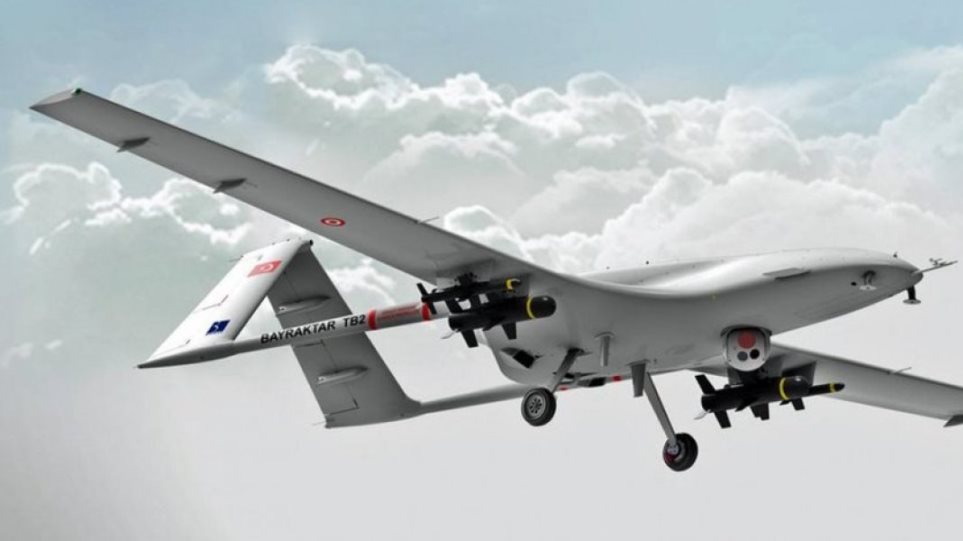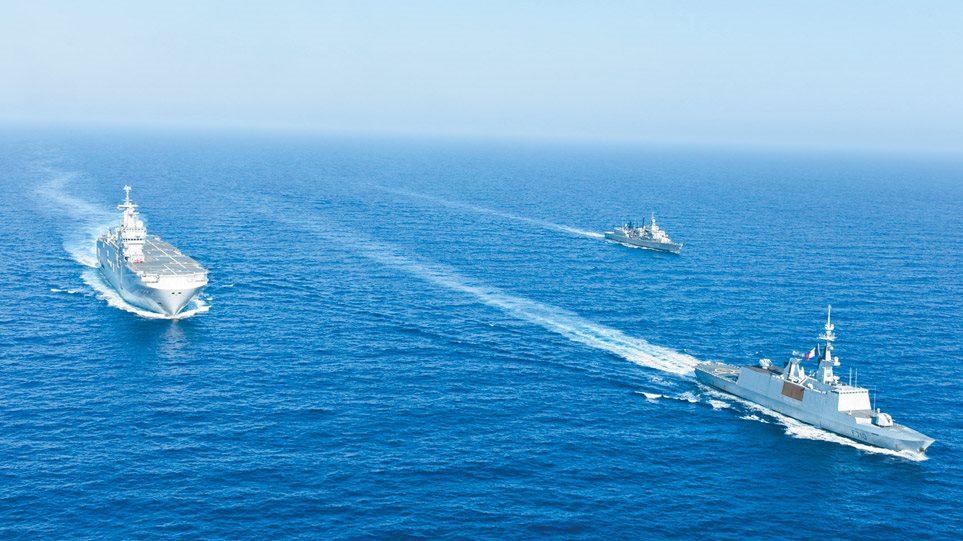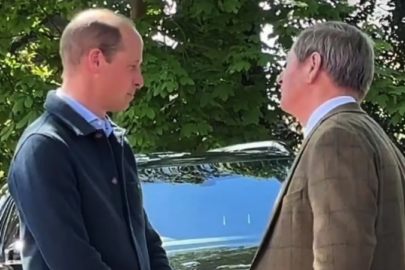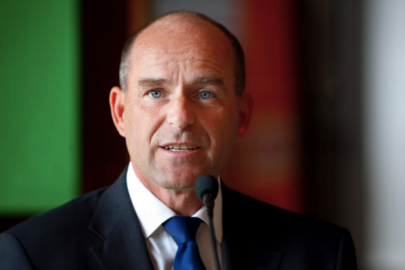Clashes between the Syrian government forces and rebels in Idlib have significantly increased following Russian Foreign Minister Sergey Lavrov’s visit to Syria early September, marking a turning point for the Russian-Turkish cease-fire deal in the last rebel bastion.
The Syrian government forces and Russian fighter jets have intensified their attacks on Hayat Tahrir al-Sham (HTS) and other jihadist groups’ positions in and around Idlib province. In the past two weeks, Zawiyah Mountain between Idlib and Hama, Gap Plains to the southwest of Idlib and the Latakia countryside have been witnessing unprecedented heavy bombardments since the Russian-brokered cease-fire deal on March 5.
In response, HTS and other jihadist groups are trying to stop the advance of the Syrian troops by mortar fire and rocket attacks on Saraqib and Kafr Nabl along the M5 highway that links the country’s north and south. Meanwhile, the foreign jihadist groups deployed in Jabal Akrad are increasing their attacks on the Latakia countryside. HTS, the dominant group controlling Idlib, is considered a terrorist organization by many Western powers and Russia. A Turkish checkpoint near Jisr al-Shughour also came under attack during the clashes, prompting a retaliation attack by the Turkish armed forces.
Watch Giannis Antetokounmpo trying to convince his playmates that Jennifer Aniston is Greek! (video)
The escalation has taken a dangerous turn after the Russian Center for Reconciliation in Syria at the Khmeimim air base accused HTS of plotting a conspiracy by using chemical weapons in an effort to provoke the international community.
Turkey, in turn, has scaled up its military deployments to Idlib’s de-escalation zone that was set up as part of the March 5 deal that also calls for the reopening of the critical M4 highway linking the country’s east and west and cleansing the Idlib area from radical elements. The number of Turkish military vehicles dispatched to the area has exceeded 9,750 over the past seven months.




































